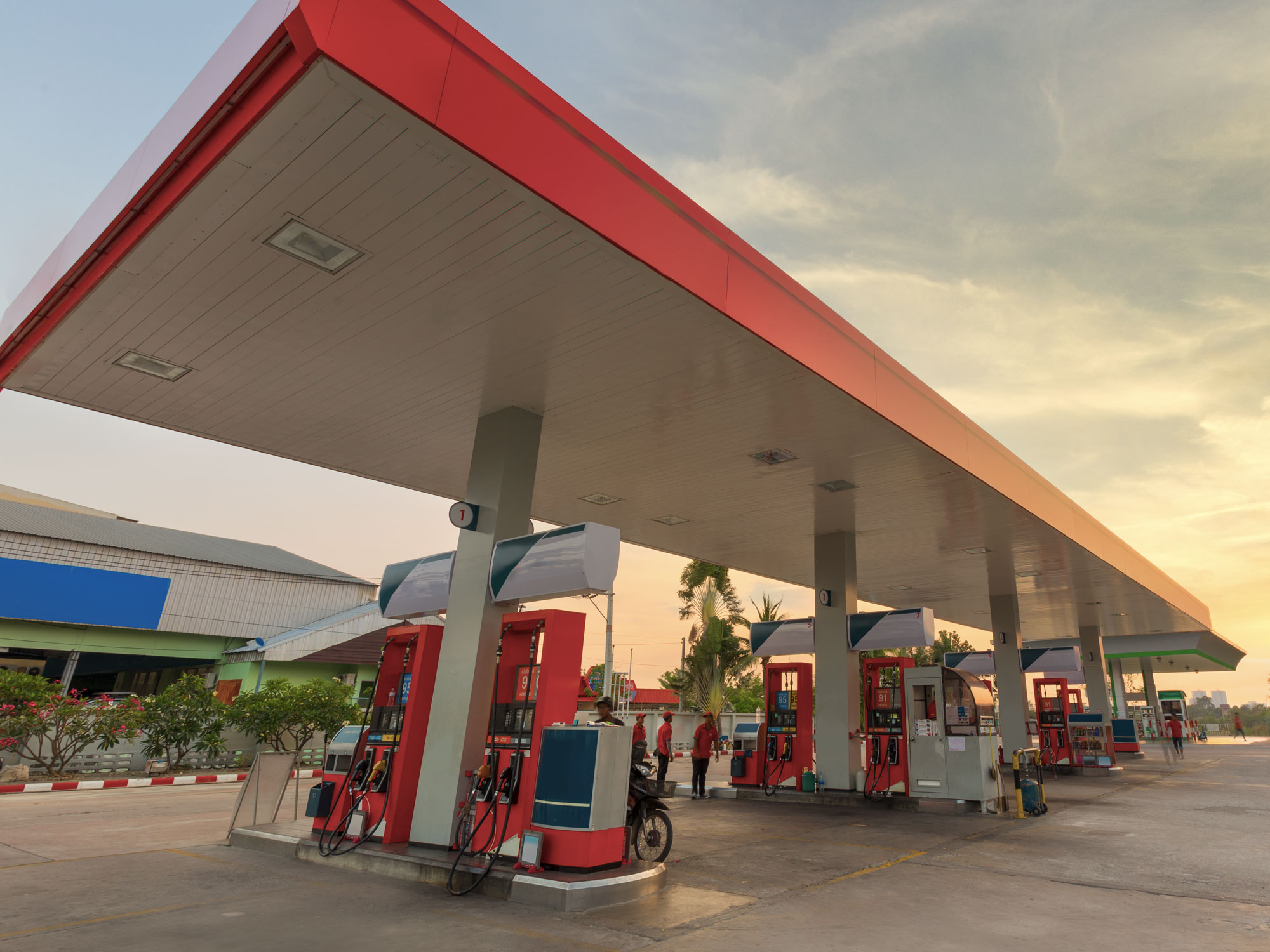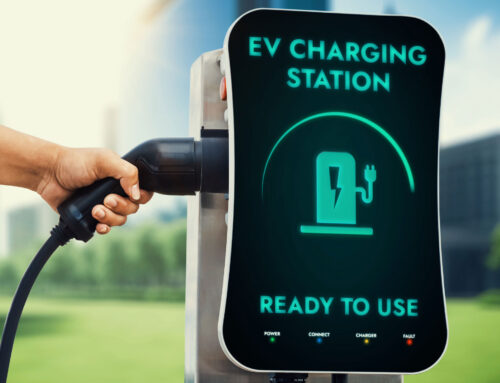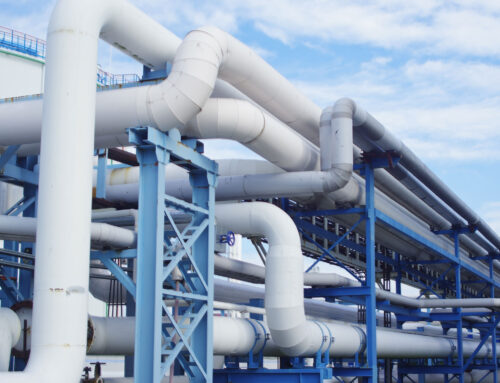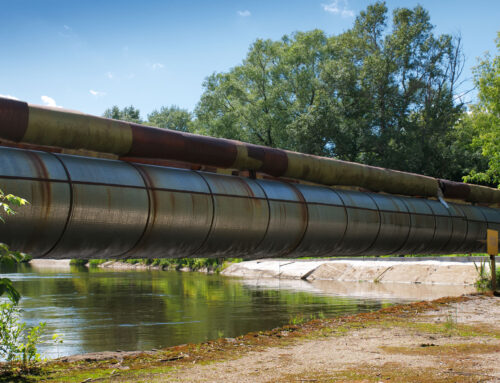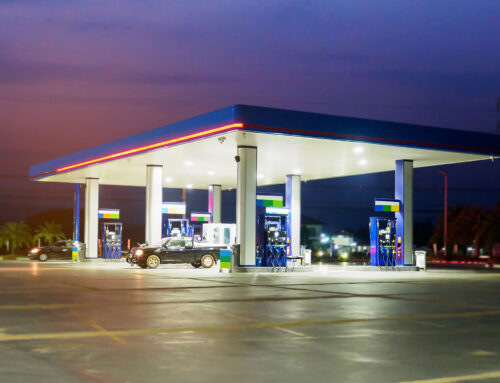Shell. ExxonMobil. Chevron. BP. Phillips 68. Most open dealer-operated fuel retailers have signed a long-term contract with one of these major oil companies, sold their uniquely blended fuel with detergents and additives at fixed prices, and leveraged their global brand recognition to attract customers.
Even though branded fuel offers an easily identifiable name, recognition isn’t the primary driver of purchasing decisions. Cost is.
Fuel retailers face a well-thought-out profit-making choice to sign (or re-sign) with one of the prominent names in gasoline. Do you exclusively sell branded fuel, pay more, and pass the higher cost down to your customers? Or, do you debrand, obtain the most affordable fuel, and undercut your competitors?
Here are four reasons to consider debranding your truck stop, gas station, or convenience store locations.
1. Price
Unbranded fuel retailers do not need to pay for branded additive packages, translating into a lower wholesale price. They can negotiate prices for the most cost-effective fuel on the market and develop short-term supply relationships with multiple brands. This reduced fuel cost gets passed down to customers, creating a competitive advantage in an inflationary environment.
2. Freedom from Contractual Terms
Contractual agreements with oil and gas companies range from three to 20 years long. These agreements have stringent, sometimes annoying, often stifling requirements that dictate how you have to run your own business. Most of these corporate standards do not take into account the distinctive elements of your business, such as client demographics and location.
Arguably the most challenging contractual term, fuel companies set the amount of gas and diesel you must sell monthly. Peak months, off-season months–those amounts are non-negotiable. Unbranded fuel retailers, most independently owned, can set their own sales quotas, creating a realistic, data-driven strategy based on their internal metrics.
3. Strategic Marketing
As a gas station franchisee, you have strict instructions on how and where logos and signage must be displayed down to a list of colors you can use. That leaves zero creative direction for your staff.
Unbranded fuel retailers have broad power over how to market anything and everything about their locations, changing colors, logos, displays, and signage whenever they want. This flexibility allows unbranded fuel retailers to adjust more quickly to market trends and capitalize.
4. Autonomy
Unbranded fuel retailers retain a bit more of their entrepreneurial spirit than their branded counterparts. They have first and final say over which fuel to purchase, how to market their products, when to update their equipment, what prices to set for their customers, and which companies they partner with. They’re beholden to market forces, but not at the beck and call of a particular oil company.
Don’t Delay Your Debranding. Schedule Your Consultation with Financial Fuel Services.
Debranding in 2024 can have meaningful long-term financial advantages for fuel retailers. That being said, the team at Financial Fuel Services understands it’s not a decision to be taken lightly. Schedule your consultation with us today. We can walk you through the ins and outs of debranding your truck stop, gas station, or convenience store.


